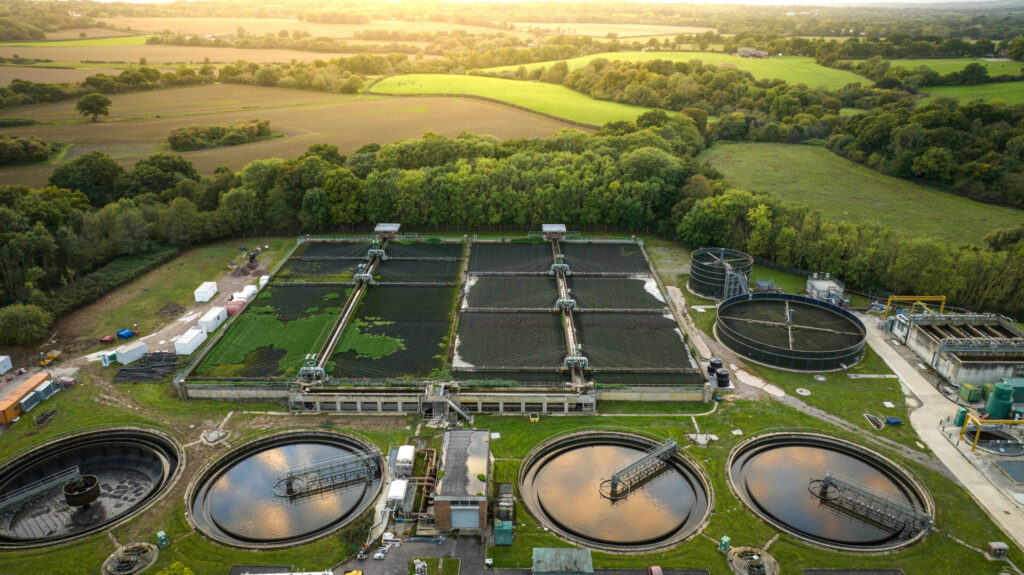A Sector in Need of Reform
The UK’s water sector is currently grappling with profound systemic issues that have decreased public trust and raised concerns about sustainability and infrastructure resilience. An interim report by the Independent Water Commission highlights long-standing failures across governance, regulation, and investment, painting a bleak picture of a sector in need of comprehensive reform.
Regulatory Framework: Complexity Breeds Inefficiency
The water sector operates under a convoluted regulatory framework, with over 80 separate laws leading to inconsistent and confusing oversight. The economic regulator, Ofwat, and the environmental regulator, the Environment Agency, have overlapping responsibilities, creating tensions and leaving gaps in regulation. This fragmented approach has been criticised for its inability to protect both consumers and the environment effectively.
Infrastructure: Ageing Assets and Escalating Costs
The physical infrastructure of the UK’s water sector is in a state of disrepair. Thames Water, for instance, has reported that £19 billion worth of its assets are in poor or failed condition, including crumbling sewage and water pipes. The cost of updating Britain’s combined sewer system is estimated between £150 billion and £650 billion. Such staggering figures underscore the need for substantial investment to modernise infrastructure.

Environmental Impact: Pollution and Public Health Risks
Environmental degradation is a pressing concern, with untreated sewage discharges polluting rivers, lakes, and seas. In 2024 alone, there were 592,478 sewage spills, totalling 4.7 million hours of discharge. This pollution not only harms ecosystems but also poses significant public health risks, particularly for wild swimmers and communities relying on these water bodies. One notable incident was the Yorkshire Water scandal in which they were forced to pay a £40 million redress package following an Ofwat investigation.
Financial Instability: Investor Confidence Eroded
Financial instability within water companies further complicates the sector’s challenges. Thames Water, burdened with £20 billion in debt, recently faced a major setback when a £4 billion rescue deal collapsed, casting doubt on its future viability. Such financial turmoil undermines investor confidence and hampers the sector’s ability to secure necessary funding for infrastructure improvements.
Public Trust: A Declining Confidence
Public trust in the water sector has reached a 14-year low, fuelled by pollution incidents, financial instability, and perceived mismanagement. The lack of transparency and accountability has led to widespread dissatisfaction, with over 50,000 responses to the Independent Water Commission’s call for evidence reflecting deep public concern.
Charting a Course for Reform
The UK’s water sector stands at a crossroads, facing multifaceted challenges that require a comprehensive and coordinated response. Addressing regulatory inefficiencies, investing in infrastructure, mitigating environmental impacts, and restoring public trust are critical steps toward a sustainable and resilient water system. The forthcoming final report from the Independent Water Commission is anticipated to provide a roadmap for these essential reforms, aiming to ensure the sector serves both the public and the environment effectively.






